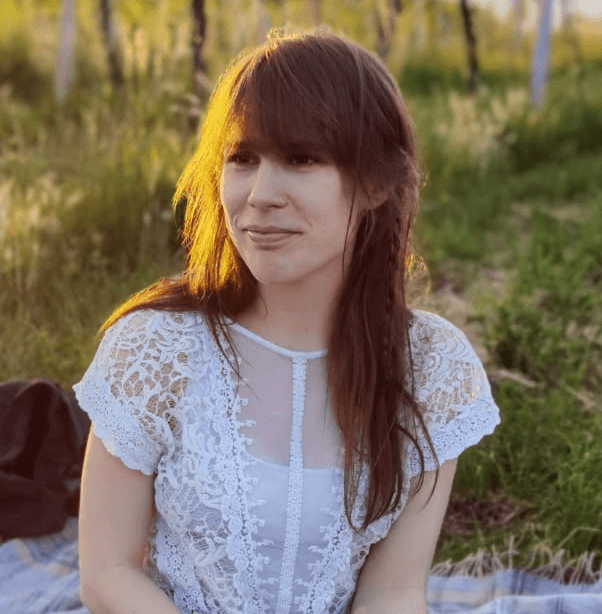Motor and digital: Cubilog reimagines language development
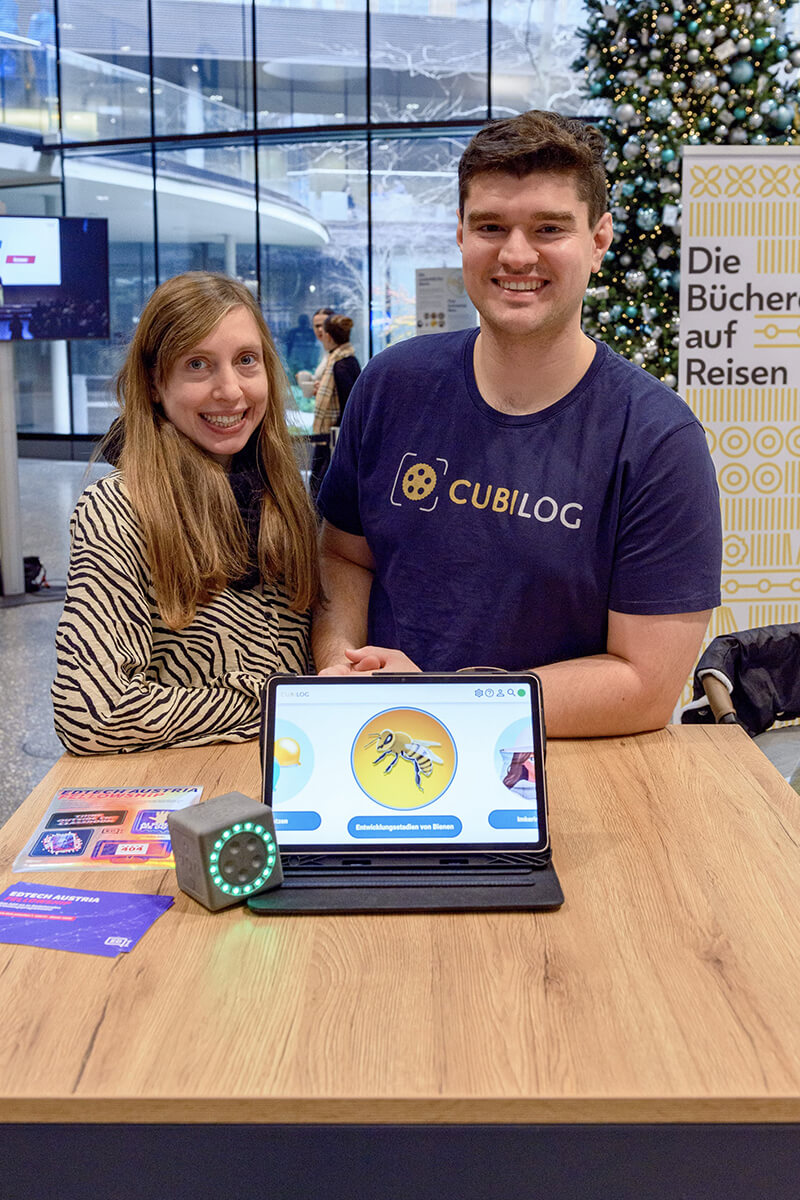
A “storybook” startup in the truest sense—born from a spontaneous idea and an evident need. Carina Fröhlich, Andreas Gradinger, and Daniel Stojnic founded Cubilog to address the lack of interactive picture books that simultaneously promote language development and emphasize inclusion. Carina, a language development specialist, highlights the unique approach: combining hardware (the sensor-based Sense-Cube) and software (an app with interactive eBooks) to create a dynamic learning environment for children aged five and older.
“Currently, there are few EdTech solutions combining hardware and software that use sensory-friendly content to engage multiple senses,” says Carina. Cubilog enables hands-on and digital learning, with content developed alongside educators and aligned with educational frameworks.
Breathe, turn, and touch
For home and schools
Currently, Cubilog’s offering is primarily aimed at parents who want to support their children’s sustainable development. In the future, the interactive picture books will also play a role in schools and kindergartens: The first collaboration with a primary school has already been initiated. Cubilog is being tested in the school environment and will be further expanded for this application. The goal is for students to be able to independently repeat and deepen the content from their lessons.
Founded in the fall of 2024, Cubilog is currently in the final development phase and is not yet available on the market. In the future, the Sense-Cube will be priced at around 150 Euro. The accompanying eBooks will be available either as a bundle or individually, depending on the customer group—either educational institutions or private customers.
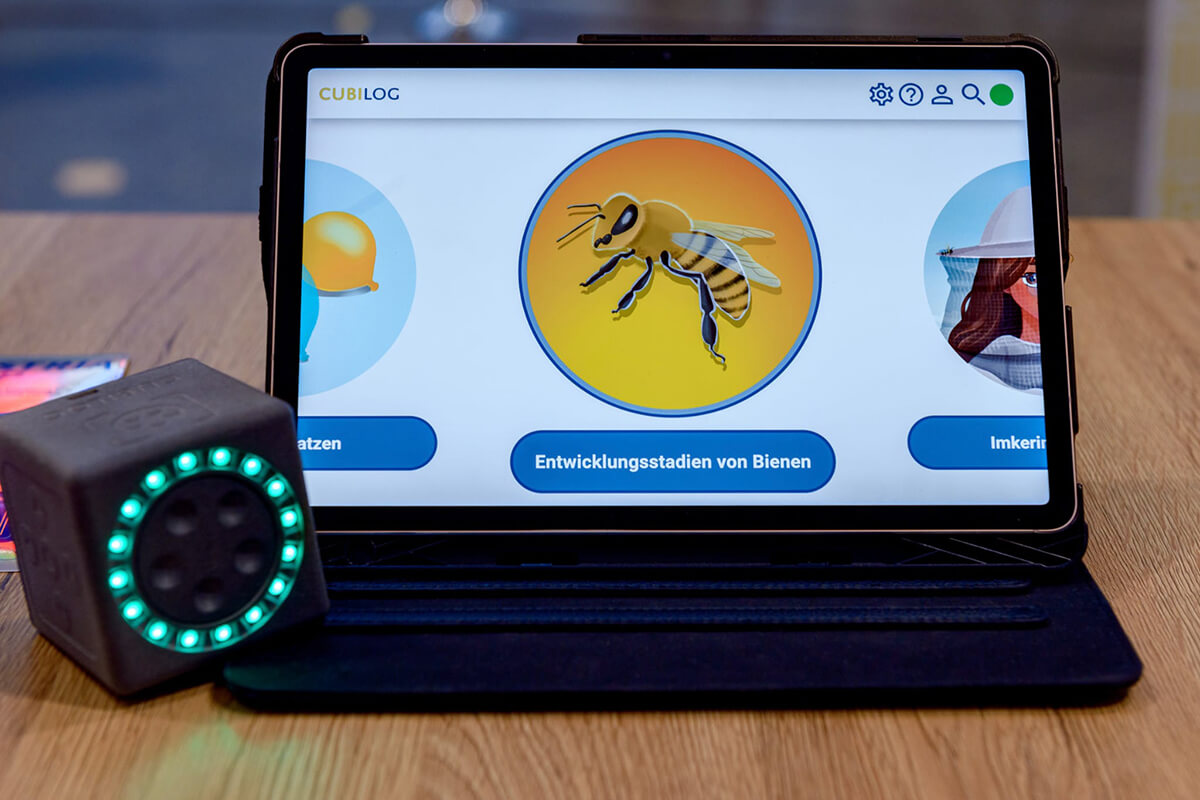
More articles
The following articles might also interest you.
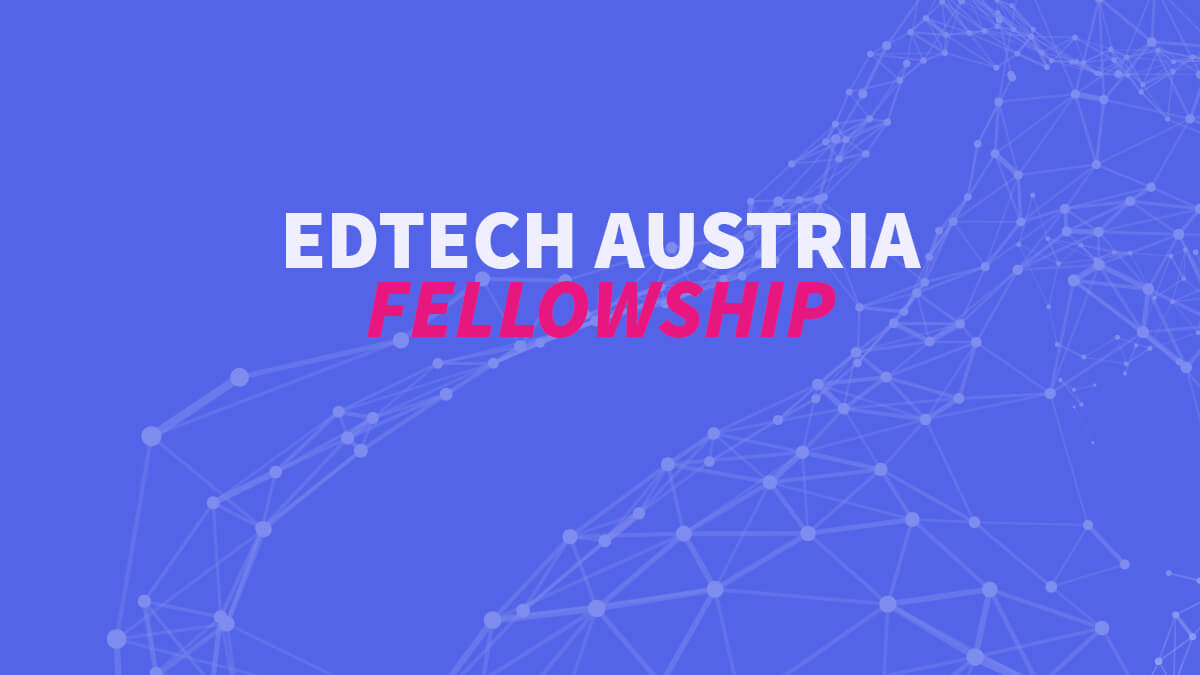
EdTech Austria Fellowship
24. October 2024

Lifelong Learning in Transition: Opportunities and Challenges of AI
17. January 2025
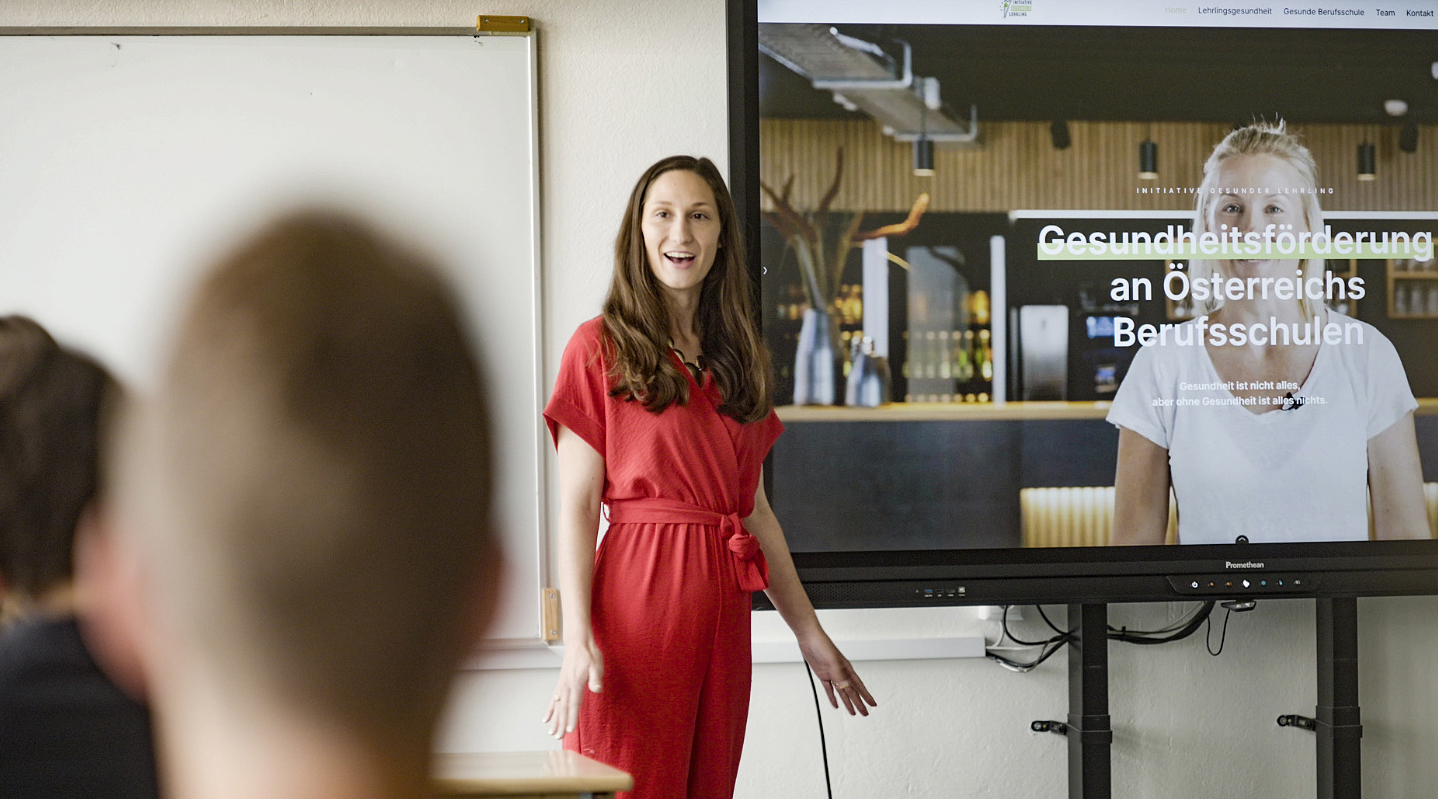
“Healthy Apprentice”: Health Literacy for Vocational Schools
28. November 2024
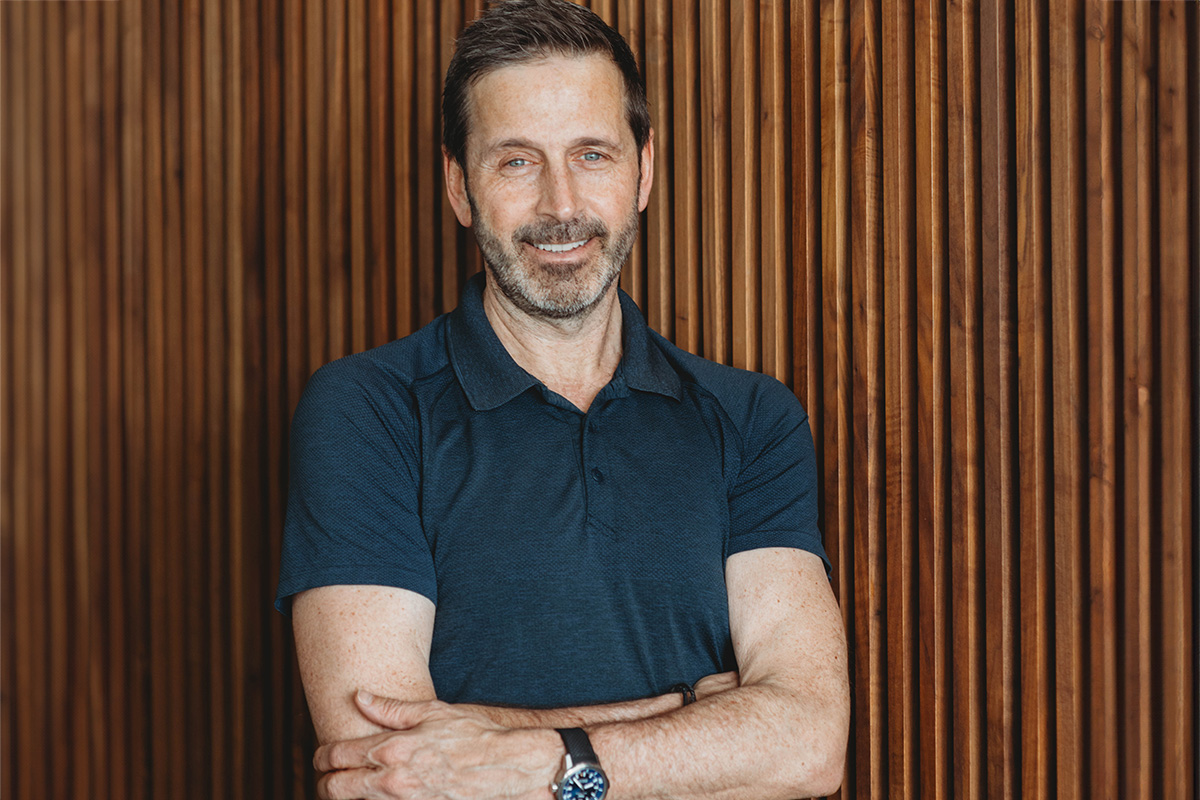
Good Days, Bad Days: “Upstrive” Captures Mental Health
15. November 2024
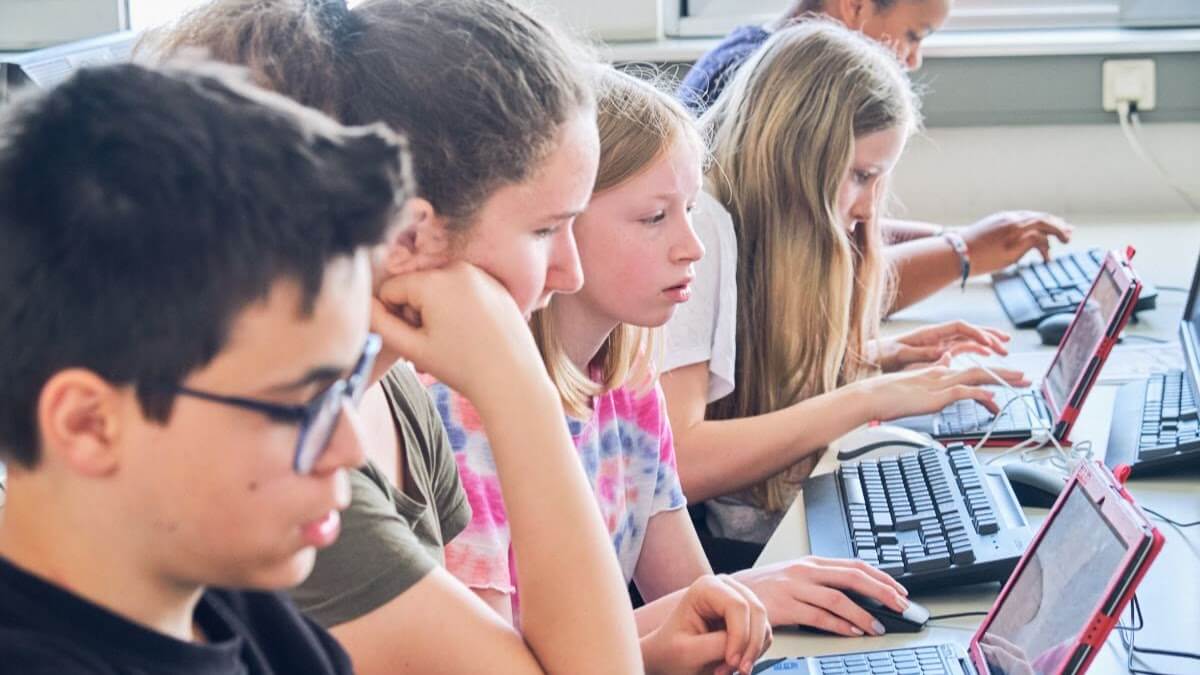
Tailor-made for the creators of tomorrow: The TalentsLounge
4. October 2024
